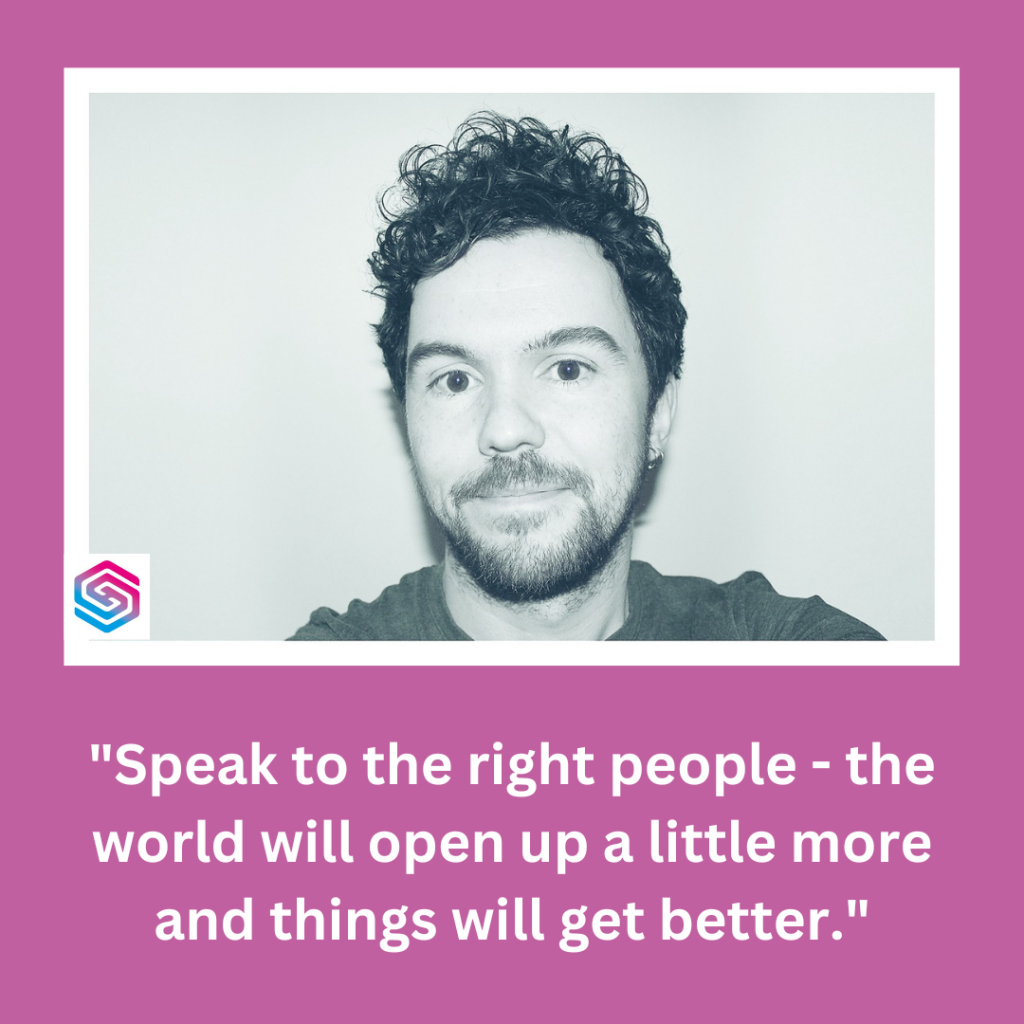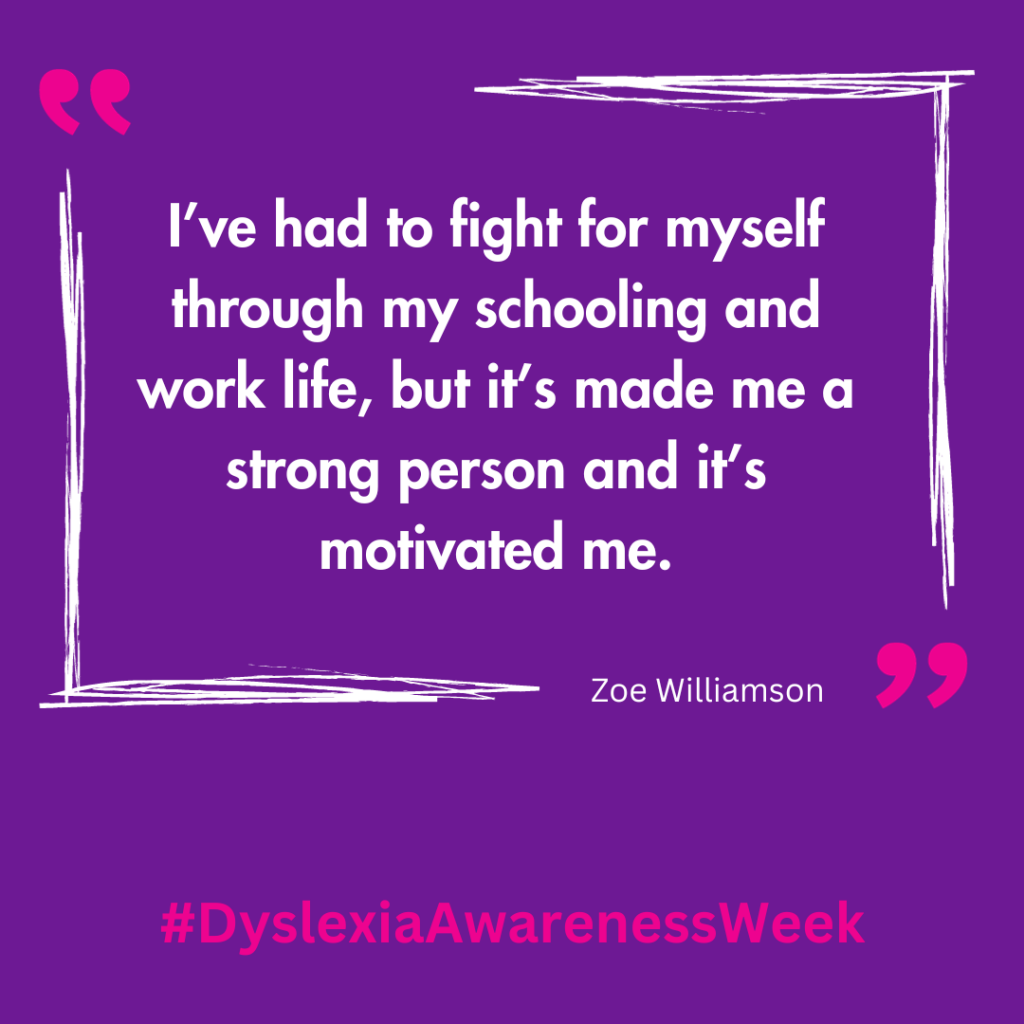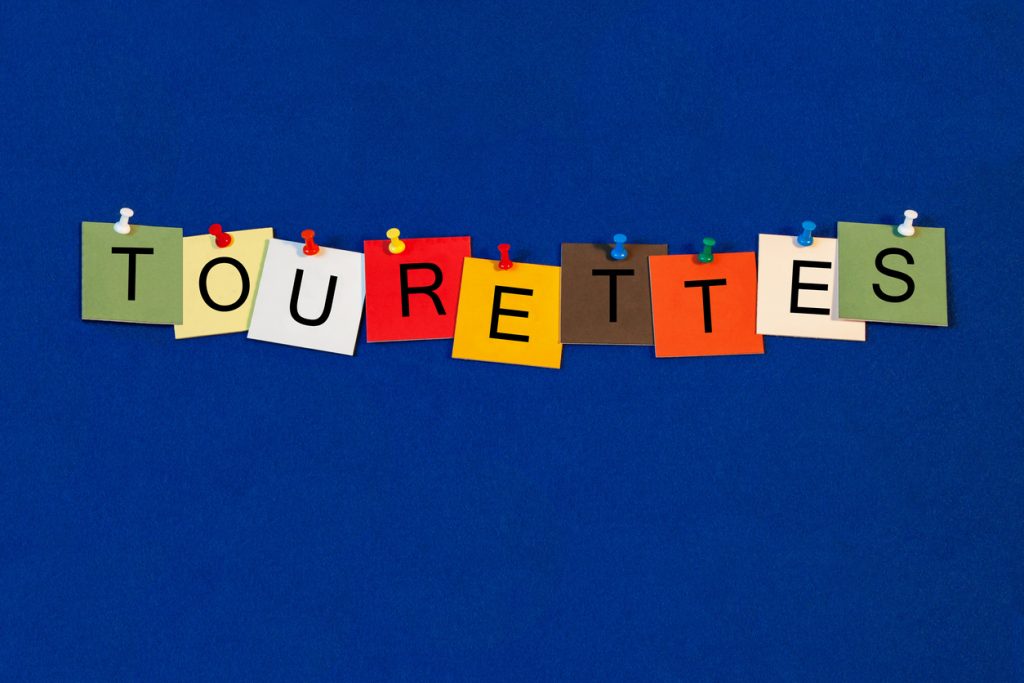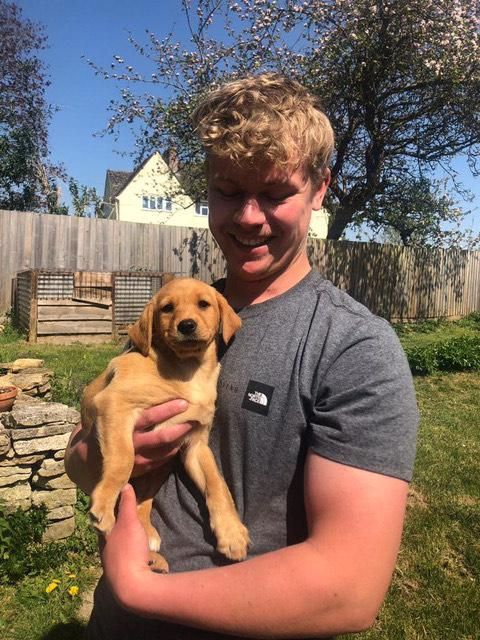Peer Support Worker, Jamie Stewart, shares his journey with bipolar depression and explains why talking about his struggles helped him through the darkest times…

“I knew that something was really wrong…”
I was eighteen when I first noticed severe depression. The colour seemed to drain from everything, and it all came without reason – nobody died, no bad break-up happened. I guess that is how I knew that something was really wrong. From there, things only got worse. I developed really bad obsessive behaviours (counting money, replaying conversations in my head and writing notes) and I couldn’t sleep.
I thought my problems were so unique to me that no doctor could help me. I had already taken a ton of different anti-depressants by the time I was in my early 20s and none of them had worked. I began self-medicating with alcohol because I felt so disillusioned by everything. My weight dropped to just below seven stone, and I thought it was time to give up hope. Half the time I was sad and the other half I was beyond hyper.
“It never occurred to me that you could break your own heart.”
But on my 21st birthday I saw the effects of how my lifestyle was making my parents feel and I realised in that moment that I had to get help. I was unwell, for sure, but I had to get well. I was upsetting the people I loved and I remember feeling heartbroken. It never occurred to me that you could break your own heart.
When you are at your weakest, that is when you need yourself the most. You have to find the strength when you don’t have it to knock on doors, get appointments and make yourself heard. I encourage you to do the same, if you are resonating with this – you are stronger than you know. It was my own passion for finding an answer to my problems, coupled with the support of family and friends that set me on the path to a bipolar diagnosis.
“Talking about my mental health has helped me endlessly.”
I know everyone is different – I definitely bottled things up for a long time. That was leading me to a terrible place and lifestyle. I believe everyone has to talk about things at their own pace and that there is no right or wrong. No matter how much or little you say, the healing all starts with talking. In the past, I have spoken to the wrong people (no judgment on them). My advice is to know who your friends are. Know if you speak to a professional it will be confidential. Speak to the right people – the world will open up a little more and things will get better.
“Whatever sex or gender you are, it starts with talking.”
Why do I think men find it more difficult to open up about their mental health? I’ve been thinking a lot about this. I think the general line of thinking is that men don’t want to show weakness to other men. But, in my experience, all sexes are guilty of telling someone to “man up”.
When I was much younger, I certainly found this to be the case. I realise now that it wasn’t meant to hurt me necessary – these outdated terms were just something to say when people didn’t know what to say. I understand that. There are terms we will use now thinking they are harmless that may be disregarded in the future. I don’t know the answers, and I am not trying to sound clever.
Attitudes are changing – we have become more progressive as a society and that is beautiful. I think, and I hope, that as time goes on, these lines will blur more in the future and as the spectrum of gender changes maybe so will the division between individuals’ mental health. All I know is whatever sex or gender you are, it starts with talking.
“The art of conversation is getting lost with social media…”
When I was younger there were more social clubs and people didn’t spend as much time looking at their phones. Getting out there, even if it is not talking about a specific problem at first, but just talking, is important. I think the art of conversation is getting lost with social media. It makes it almost awkward to meet people face-to-face. That is where support groups are wonderful – you can ease into it and talk when you are ready.
“Therapy has helped me join dots… it has saved my life.”
I see a counsellor regularly and that helps me immensely. When I was younger, I didn’t give myself to the process like I do now – I was definitely guarded and holding something back. A good counsellor is like a dance partner; it doesn’t work if you are giving 20% and they are giving you 80%. Mind you, I don’t know why I am using this metaphor because I am the world’s worst dancer! But, in all seriousness, therapy has helped me join dots and connect things that I had no idea were connected. It has saved my life and given me things to reflect on, without always just going through life, moment-to-moment.
In my lowest moments, I have to look in the mirror (literally) and remind myself of how far I have come and that bad feelings will pass. That is the perspective age gives you. You realise that you have made it through bad moments before and you will again. But I must be honest, friends and family have saved me so many times, and I am endlessly grateful.
“Bank on yourself… you are in every conceivable way unique and you are worth fighting for.”
Don’t get lost behind a phone screen. Go for a walk. Talk and connect with someone. If that doesn’t work, find another someone. Join a support group, connect with people. You will be surprised how many people will help if you let them.
And if you need to go to the doctor, do that. Knock on doors and keep knocking until things become better. You can do it!
Hidden Strength thanks Jamie for speaking his truth and sharing his inspirational story with us. We wish him a happy and healthy future, as well as the continued inner strength to manage his mental health and wellbeing.
If you, or someone you know, is affected by depression, you can get more support here.








